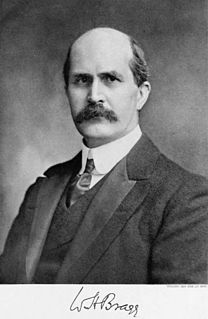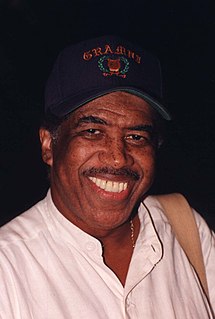A Quote by Stephen King
The idea for a novel is like a little tiny fire in a dark night. And, one by one, the characters come and stand around it and warm their hands.
Related Quotes
It's more about when you come back from being out somewhere; in a minicab or a night bus, or with someone, or walking home across London late at night, dreamlike, and you've still got the music kind of echoing in you, in your bloodstream, but with real life trying to get in the way. I want it to be like a little sanctuary. It's like that 24-hour stand selling tea on a rainy night, glowing in the dark. It's pretty simple.
But to be perfectly frank, this childish idea that the author of a novel has some special insight into the characters in the novel ... it's ridiculous. That novel was composed of scratches on a page, dear. The characters inhabiting it have no life outside of those scratches. What happened to them? They all ceased to exist the moment the novel ended.
I do like the idea of the novel of repressed college students being a contemporary novel of courtship! I guess what I would say to that is, we tend to think of historical periods and historical mores as ending a lot more concretely than they do. Like, in an Austen novel, there are lots of reasons - cultural, moral, religious - why the characters don't have sex during courtship. Maybe, even though those reasons have kind of expired, historically, they're still around in some sense.
I always think I know the way a novel will go. I write maps on oversized art pads like the kind I carried around in college when I was earnest about drawing. I need to have some idea of the shape of the novel, where its headed, so that I can proceed with confidence. But the truth is my characters start doing and saying things I don't expect.
The best thing would be to break your neck, but you'd probably just break your leg and then you couldn't do a thing. You'd yell at the top of your lungs, but nobody;d hear you, and you couldn't expect anybody to find you, and you'd have centipedes and spiders crawling all over you, and the bones of the ones who died before are scattered all around you, and it's dark and soggy, and way overhead there's this tiny, tiny circle of light like a winter moon. You die there in this place, little by little, all by yourself.
The Shield was another of the Fear's names. According to Laughter, it means he shields the seed of Abraham the way a man starting a fire shields the flame. When Sarah was about to die childless, the Fear gave her a son. When Abraham was about to slaughter the son, the Fear gave him the ram. He is always shielding us like a guttering wick, Laughter said, because the fire he is trying to start with us is a fire that the whole world will live to warm its hands at. It is a fire in the dark that will light the whole world home.
A novel is what you dream in your night sleep. A novel is
not waking thoughts although it is written and thought
with waking thoughts. But really a novel goes as
dreams go in sleeping at night and some dreams are like
anything and some dreams are like something and some
dreams change and some dreams are quiet and some dreams
are not. And some dreams are just what any one would
do only a little different always just a little
different and that is what a novel is.
One of the greatest of poets, Coleridge was one of the wisest of men, and it was not for nothing that he read us this parable. Let us have a little less of "hands across the sea," and a little more of that elemental distrust that is the security of nations. War loves to come like a thief in the night; professions of eternal amity provide the night.
There is something about talking in the night, with the shreds of sleep around your ears, with the silences between one remark and another, the town dark and dreaming beyond your own walls. It draws the truth out of you, straight from its little dark pool down there, where usually you guard it so careful, and wave your hands over it and hum and haw to protect people's feelings, to protect your own . . . You can bring out the jaggedest feelings - if you are my wife and know how to state them calm - into the night quiet. They will float there for consideration, harming no one.
An infant prodigy of nine is shoved upon the stage in white. She starts off in a dismal whine about a dark and stormy night, a burglar, whose heart is true, despite his wicked-looking face, who puts the little child in doom, to save her mamma's jewel case. This may bring tears to every eye; it does not set my heart on fire. I'd like to stand serenely by and watch that horrid child expire.


































